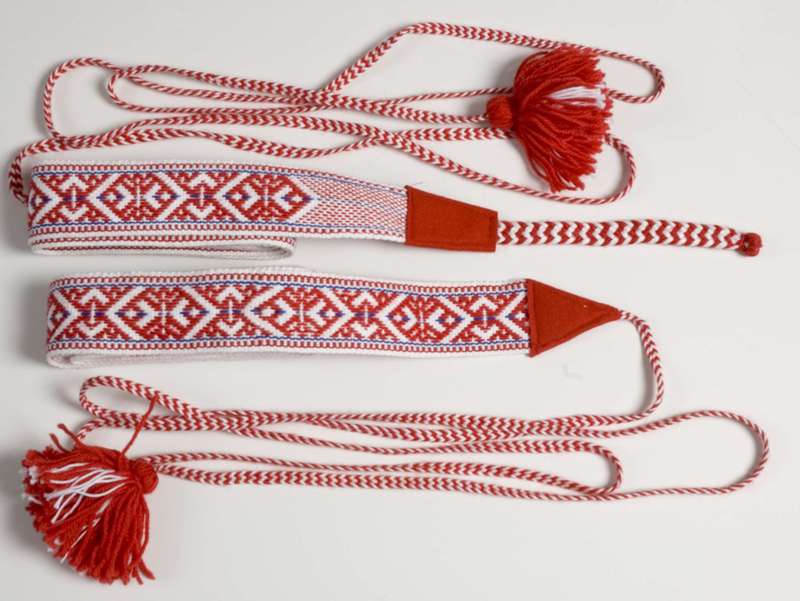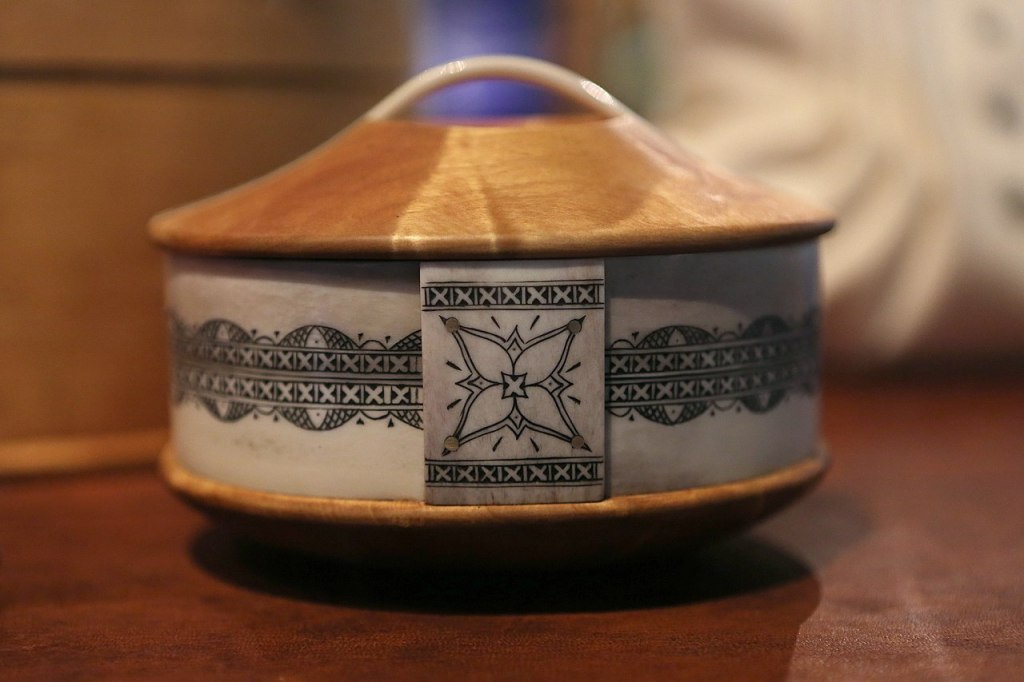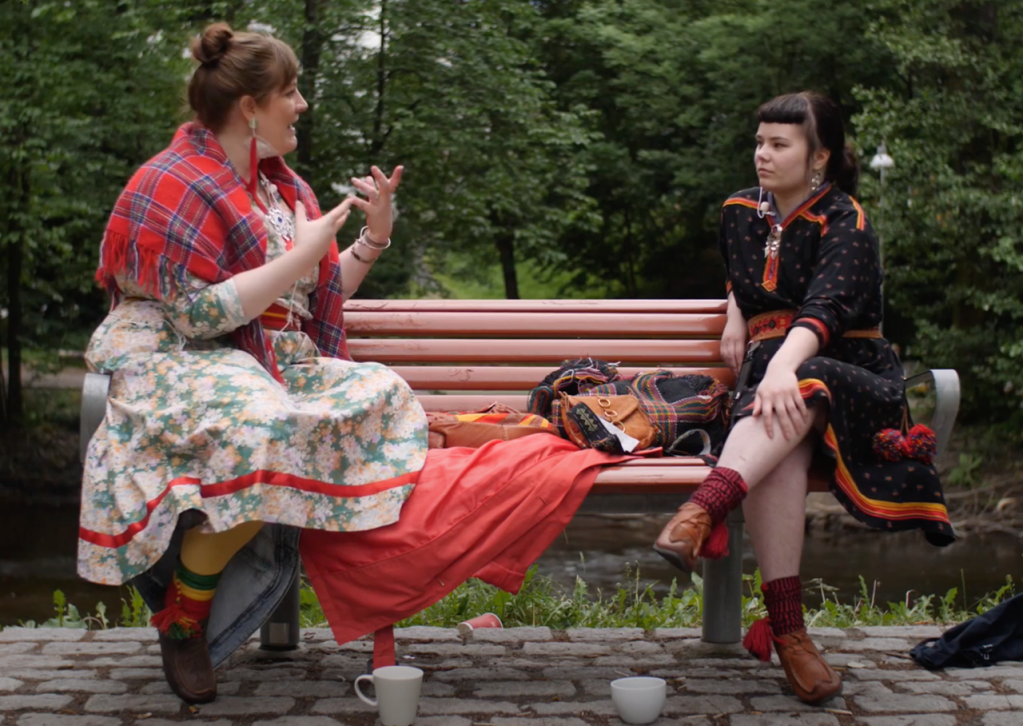Art+Feminism is a global network of activists that are increasing the visibility of women of arts all around the world. By Introducing Arctic Art+Feminism, Wikimedia Norway wanted to focus on women from Indigenous groups in the Arctic region. This project aligns with our work to increase diversity on the Wikimedia projects, both for Indigenous languages and the gender balance on Wikipedia. However, in the process we go introduced to a different challenge that we wish to share with the Wikimedia community.
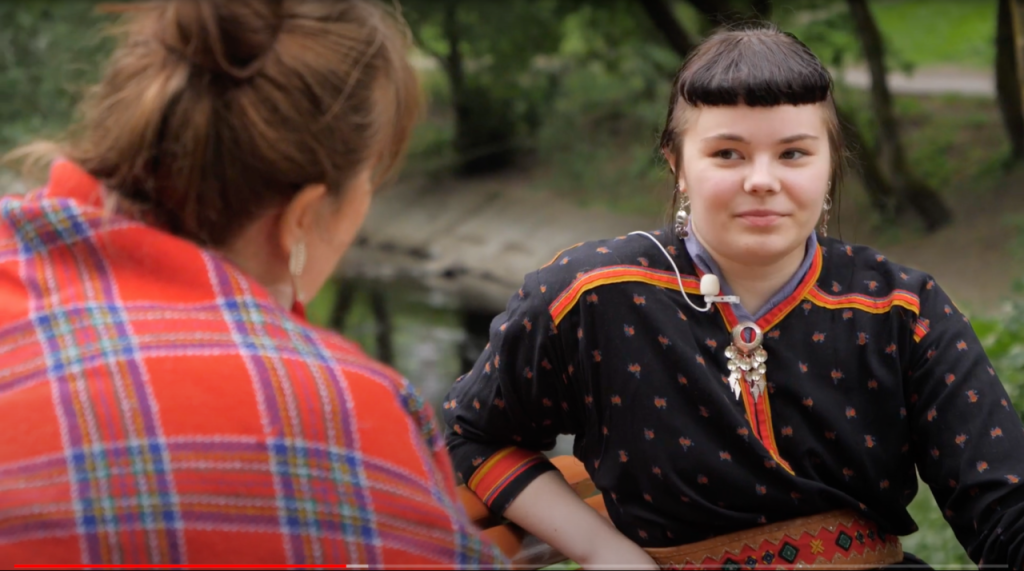
Building on oral traditions
Normally when we want to close a knowledge gap, we start with compiling lists of what we lack. However, in the research process, we met with an Indigenous scholar, who wanted us to think different. She claims using the term “Indigenous arts and craft” is a way of devaluing traditional practices, and maintaining colonial structures in academia and in the society.
We wanted to share her message with the Wikimedia movement, and we decided to follow the traditions of oral transmission of knowledge. By recording two conversations about duodji and knowledge, we hope those interested in this can find insights and inspiration for their work with indigenous topics.
The first conversation is inclined more towards the academic aspect, and touches on colonial structures in our society today, on understanding knowledge and especially how we see knowledge in academia. The second conversation is a personal story on the power of traditional practices to reconnect with your heritage.
Concepts of duodji
If duodji is to be a system of knowledge, it needs a cerstain structure. The concepts of the knowledge of duodji is listed here and are also explained more in detail in our first meeting.
- dåajmies vuekie – aesthetics
- birrasat – place/land/surroundings
- tiida – spiritual beliefs
- árbediehtu – inherited knowledge
Becoming Sámi with the power of duodji
“Learning the language of duodji is a way you can gradually insert yourself into a whole world of knowledge.”
Liisa-Rávná Finbog.
There are many projects working for increasing indigenous content on the Wikimedia platforms. There are also many indigenous researchers working hard to get academia to open up for some more Indigenized-centered research. Maybe a good way for supporting indigenous knowledge, is choosing indigenous researchers as sources as often as possible.
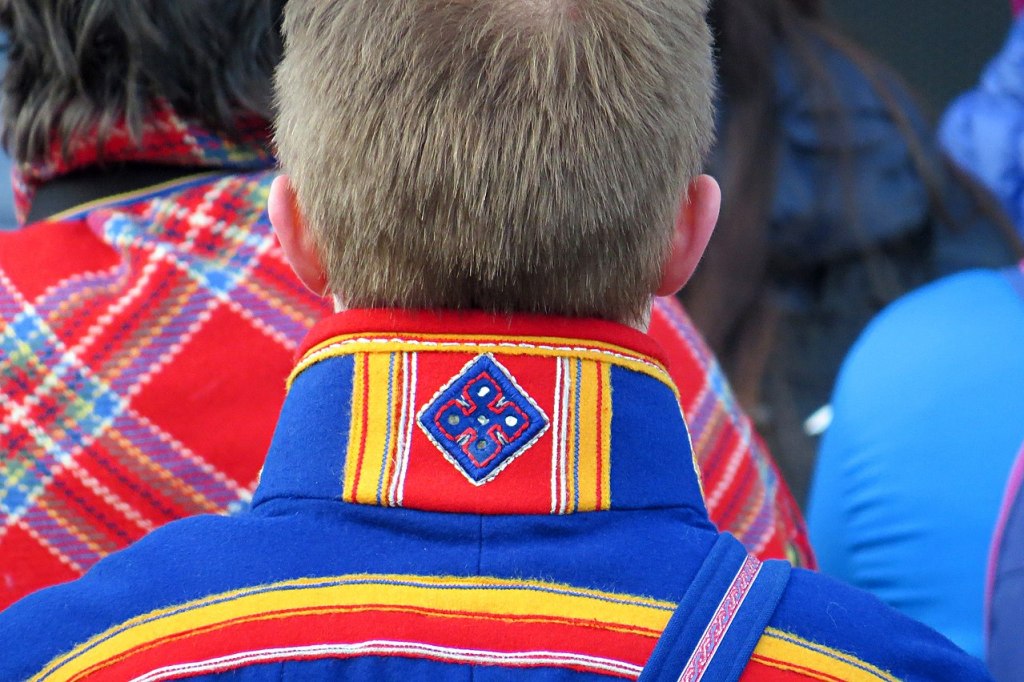
More resources
- Check out this list of artists that has performed at Riddu Riddu Festivala
- Art-VAPO, a project coordinated by the Arctic University to explore art from the north, has compiled this list of women artists from the north that don’t yet have a biography on Wikipedia.
- For those curious to dive deeper into the academic aspect of duodji and decolonization, a good starting point can be Liisa-Rávná’s profile at Univeristy of Oslo.
- Follow Liisa-Rávna on instagram.
- The article on Duodji in Wikipedia in bokmål could use an update, maybe have a look in your language too?
Watch the videos here

Can you help us translate this article?
In order for this article to reach as many people as possible we would like your help. Can you translate this article to get the message out?
Start translation
